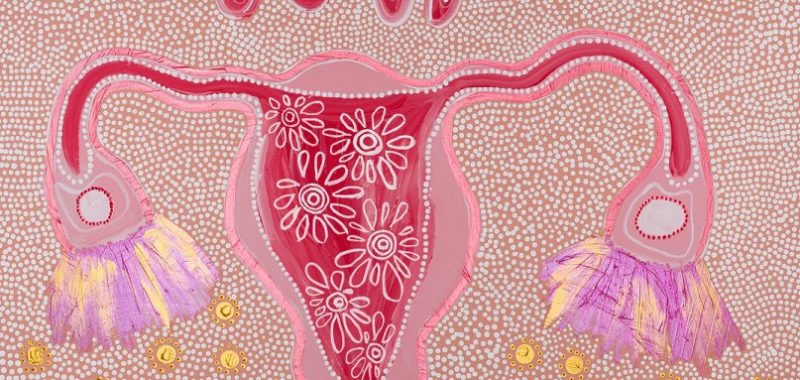By Dr Sarah Lewis
First of all, what is PCOS? PCOS stands for polycystic ovarian syndrome, a common hormonal condition affecting around 10% of women. It is associated with high levels of two particular hormones – androgens (“male type hormones”, such as testosterone) and insulin. This can cause a range of symptoms, including irregular (or, sometimes, absent) periods, acne, weight gain and excess hair on the body and face. Luckily, there is now a lot we can do for women with PCOS, in order to treat symptoms and, in turn, to improve their quality-of-life.
I have come across many “myths” and misinformation about PCOS, which can create uncertainty, negativity and fear. Read on to find out more…
- If your periods are irregular, this means that you have PCOS
“Irregular periods” refer to cycles that are shorter than 21 days or longer than 35 days. It is quite common for women to have irregular periods for 2-3 years after their very first period. After this time, any woman with irregular periods should see their GP for further investigation. PCOS is not the only cause of irregular periods – thyroid problems, high levels of the hormone prolactin and even stress, excessive exercise and insufficient food intake are also some of the more common causes that need to be considered. Your GP will usually start by arranging a blood test and, sometimes, an ultrasound scan of your uterus and ovaries.
- “Come back when you want to have a baby” – there is no treatment for PCOS unless a woman wants to become pregnant
This is absolutely not true! Women should feel empowered knowing that there are many different treatments available for PCOS. Treatment is very individual – women will be managed differently depending on their symptoms and personal concerns. Treatment usually involves a combination of lifestyle changes, supplements, prescribed medications and, in some cases, psychological therapies. Speak to your GP about which treatment options may be appropriate for you.
- Women with PCOS cannot become pregnant naturally
Some women with PCOS who have irregular cycles have more difficulty becoming pregnant. This is due to the fact that they are ovulating (releasing an egg) less frequently. It is true that some women with PCOS will require medications, or even IVF, in order to conceive. Having said this, it is also possible for many women with PCOS to conceive completely naturally. The main point is that if you have PCOS and are having difficulty becoming pregnant, there is lots of help out there!
- Treatment for PCOS is all about weight loss
Firstly, not all women with PCOS are overweight. For some women who are overweight, weight loss can help regulate hormone levels and menstrual cycles. However, it is not all about a number on the scales – we now know that, for some women, changing body composition (i.e. increasing muscle mass and reducing fat) can be as beneficial as losing weight. It is often helpful to involve allied health professionals, including a dietician, exercise physiologist or physiotherapist, in this aspect of PCOS management.
- You need to cut out carbs if you have PCOS
Once again, this is absolutely not true! Carbohydrates are part of a healthy, balanced diet for most of us and there is no evidence for any very restrictive diet when it comes to PCOS. Dietary advice, like the rest of PCOS management, is very individual and there is no “one size fits all” approach. What can be beneficial is opting for high fibre, low GI carbohydrates (such as wholegrain/wholewheat bread or pasta, brown rice, oats) instead of “white carbohydrates”. Speak to your GP or a registered dietician about further dietary advice for PCOS.
If you would like to read more, reliable information about PCOS, have a look at the Jean Hailes website:
https://www.jeanhailes.org.au/health-a-z/pcos
Artwork details : “Birthing the matriarch” by Yarli Creative – https://yarlicreative.com.au/products/birthing-the-matriarch-print-1?_pos=2&_psq=birthing&_ss=e&_v=1.0






